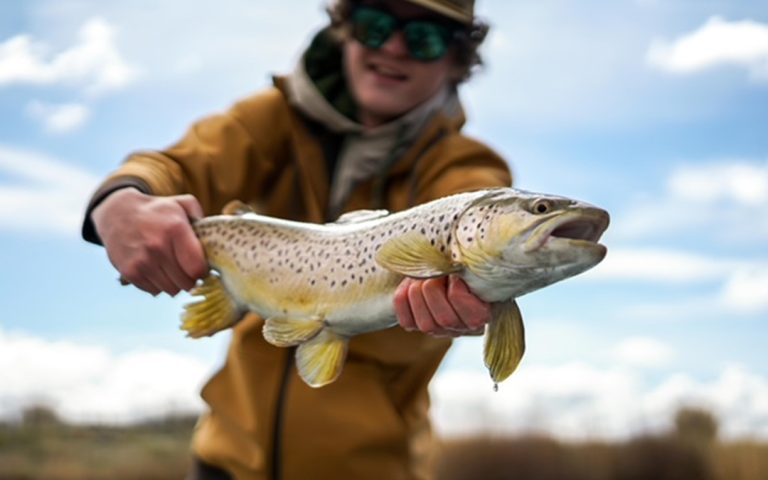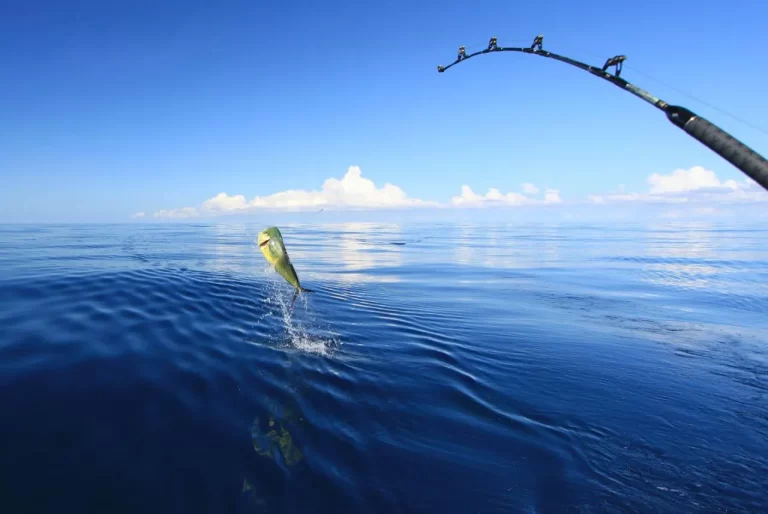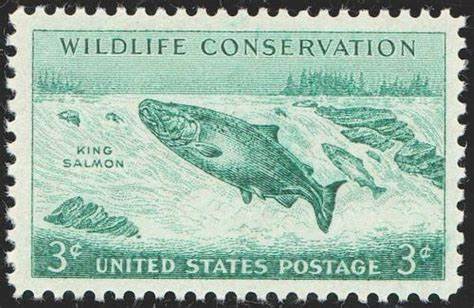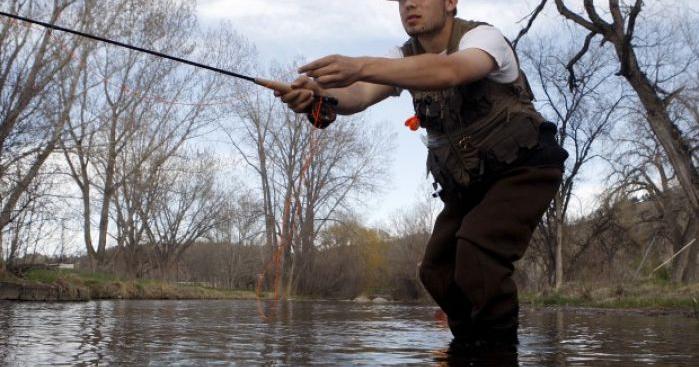If you’re an avid angler looking to cast your line in the beautiful waters of Pennsylvania, you’ll need to obtain a valid fishing license. For Pennsylvania residents, this means providing proof of permanent residency when purchasing your license. But what exactly counts as proof of residency? Let’s dive in and explore the acceptable documents that demonstrate your status as a bona fide Pennsylvanian.
In summary, to prove your residency for a PA fishing license, you’ll need one of the following:
- Valid PA driver’s license
- Valid PA non-driver photo ID card
- Previous year’s PA state income tax return
- Previous year’s local earned income tax return
- Current PA voter registration card
Acceptable Documents for Proof of Residency
When you head to your local issuing agent or county treasurer’s office to purchase your resident fishing license, be prepared to present one of the following documents:
- Valid Pennsylvania Driver’s License: Your current, non-expired PA driver’s license is the most common and straightforward way to prove your residency. Ensure that the address on your license matches your current residential address.
- Valid Pennsylvania Non-Driver Photo Identification Card: If you don’t have a driver’s license, a valid non-driver photo ID card from the Pennsylvania Department of Transportation (PennDOT) will do. Again, the address on the card must be your current residence.
- Previous Year’s Pennsylvania State Income Tax Return: Providing a copy of your previous year’s PA state income tax return that shows proof of payment of personal income tax as a resident of Pennsylvania is another acceptable method.
- Previous Year’s Local Earned Income Tax Return: Similarly, a copy of your previous year’s local earned income tax return, demonstrating tax paid to a Pennsylvania municipality, can serve as proof of residency.
- Current Pennsylvania Voter Registration Card: If you’re registered to vote in Pennsylvania, your current voter registration card can be used to verify your residency when purchasing a fishing license.
It’s crucial to note that all issued resident fishing licenses will remain valid for the year or years for which they are issued, regardless of whether the license holder is no longer a bona fide Pennsylvania resident.
Special Considerations
Senior Resident and Lifetime Licenses
Senior resident and lifetime licenses are available to individuals who will turn 65 years old at any point during the license year. When applying for these licenses, you must provide proof of both residency and age.
| License Type | Age Requirement | Residency Requirement | Additional Notes |
|---|---|---|---|
| Senior Resident Annual | 65+ during license year | Proof of PA residency | Must purchase trout permit annually |
| Senior Resident Lifetime | 65+ during license year | Proof of PA residency | Exempt from trout permit if purchased before Jan 1, 1991 |
Military Personnel
Active duty military personnel stationed in Pennsylvania under permanent change of station (PCS) orders for 6 months or more, who provide documentation proving such orders, are eligible for a resident fishing license. All others must obtain a tourist or non-resident license.
Certain active duty military personnel are exempt from Pennsylvania’s fishing license requirement. To qualify for the military waiver, an angler must:
- Be a bona fide Pennsylvania resident
- Be on active duty
- Be stationed outside Pennsylvania
- Be in Pennsylvania on authorized leave
While fishing, the military member must carry proof of each of these requirements, such as a Pennsylvania driver’s license, military ID, and valid military orders showing the place of assignment and leave status.
Students
Out-of-state students attending school in Pennsylvania who have not become residents of the state are not eligible to purchase a resident fishing license. They must obtain a tourist or non-resident license.
Why Your Fishing License Matters
When you purchase your Pennsylvania fishing license, you’re not only gaining access to some of the best fishing spots in the country—you’re also contributing to the conservation and protection of our aquatic resources. Here are just a few ways your license dollars make a difference:
- Habitat Improvement: Funds from fishing licenses support projects that enhance fish habitat, such as stream bank stabilization, fish passage improvements, and aquatic vegetation management.
- Fish Stocking: The Pennsylvania Fish and Boat Commission uses license revenue to rear and stock millions of fish each year, including trout, bass, and walleye, ensuring ample opportunities for anglers.
- Access and Infrastructure: Your license fees help maintain and improve boat launches, fishing piers, and other access points, making it easier for everyone to enjoy the water.
- Education and Outreach: The Commission offers a variety of educational programs, such as fishing clinics and youth events, to introduce new anglers to the sport and promote responsible fishing practices.
- Research and Management: Biologists and other experts rely on license funds to study fish populations, monitor water quality, and make informed management decisions that benefit both fish and anglers.
So, the next time you’re gearing up for a day on the water, remember that your Pennsylvania fishing license is more than just a piece of paper—it’s a vital investment in the future of fishing and the health of our aquatic ecosystems.
Get Your License and Get Hooked
Now that you know what counts as proof of residency for a PA resident fishing license, it’s time to gather your documents and head to your nearest issuing agent. Whether you’re a seasoned angler or a curious newcomer, Pennsylvania’s waters are waiting for you.
For more information on fishing licenses, regulations, and opportunities in the Keystone State, visit the official Pennsylvania Fish and Boat Commission website. Happy fishing!





